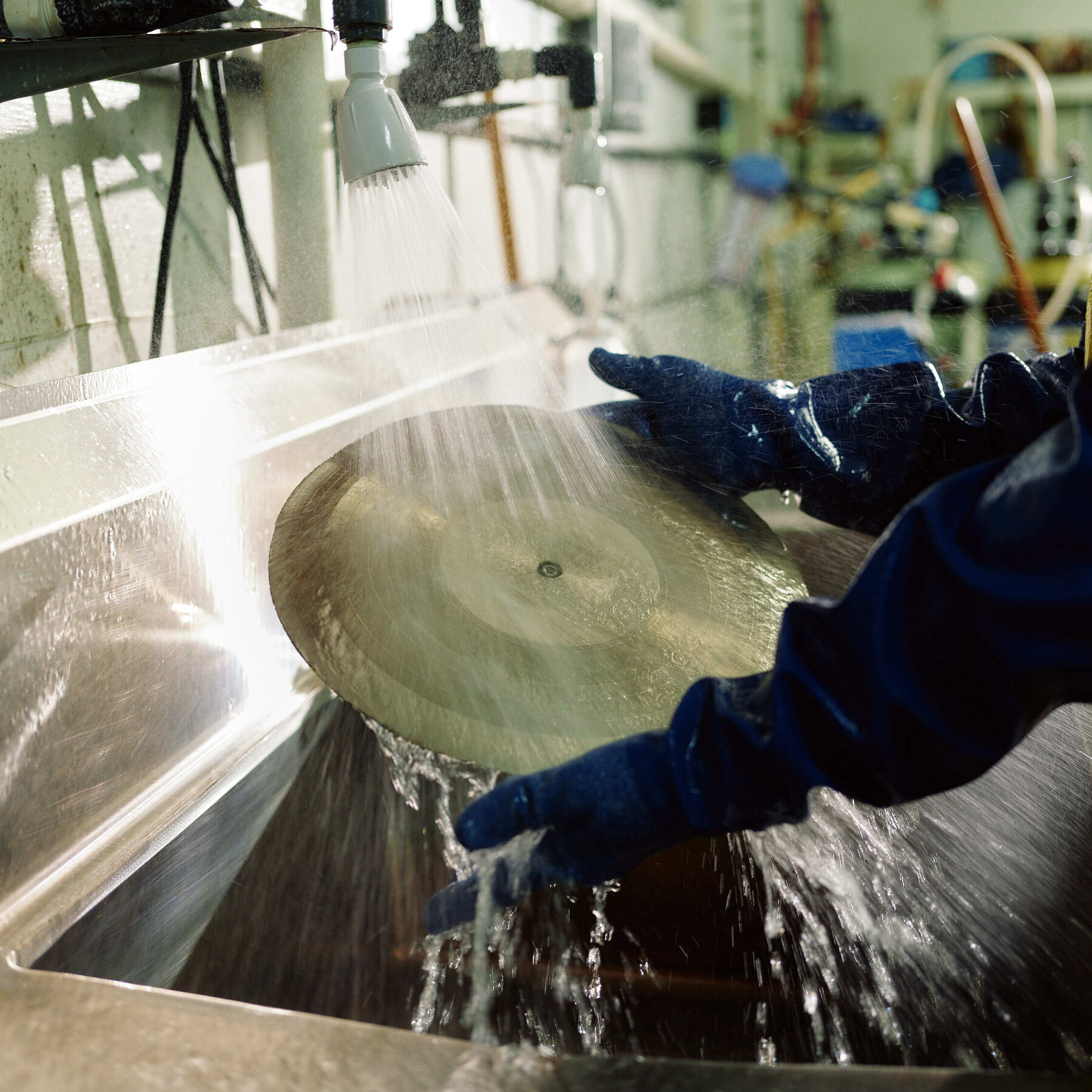Business, Stock markets, Currencies, Commodities Business | The Guardian
Rolling coverage of the latest economic and financial news, as new car sales rise 5% year on year in JuneHawes explained that the more common electric vehicles become, the more their price is going to come down, but there are limits –- batteries are more expensive than in a traditional petrol or diesel car.As you develop these vehicles at scale, you can drive down these costs to a certain extent, but the raw materials, in particular, the battery is a lot more expensive. Of an electric vehicle that battery is about 40% of total cost of the car.A number of our vehicles that are sold in the UK come from Asia. They’re no longer going through the Suez [canal]. They’re going around the Cape. That adds two to three weeks in terms of transit and back again. And obviously that adds cost. So that’s just yet another strain.It was OK in June, but what we have seen is something of a plateau flattening out. When these vehicles were first on the market, there really was high demand for them, because those were the early adopters. We need to get that from the early adopter phase into the mass market. That is never going to be smooth. So the manufacturers are doing all they can to stimulate that demand with really attractive deals. But given the economic conditions and the fact that these are still vehicles that are more expensive than petrol and diesel cars that preceded them, there is still something of a challenge. Continue reading…
Rolling coverage of the latest economic and financial news, as new car sales rise 5% year on year in June
Hawes explained that the more common electric vehicles become, the more their price is going to come down, but there are limits –- batteries are more expensive than in a traditional petrol or diesel car.
As you develop these vehicles at scale, you can drive down these costs to a certain extent, but the raw materials, in particular, the battery is a lot more expensive. Of an electric vehicle that battery is about 40% of total cost of the car.
A number of our vehicles that are sold in the UK come from Asia. They’re no longer going through the Suez [canal]. They’re going around the Cape. That adds two to three weeks in terms of transit and back again. And obviously that adds cost. So that’s just yet another strain.
It was OK in June, but what we have seen is something of a plateau flattening out. When these vehicles were first on the market, there really was high demand for them, because those were the early adopters. We need to get that from the early adopter phase into the mass market. That is never going to be smooth. So the manufacturers are doing all they can to stimulate that demand with really attractive deals. But given the economic conditions and the fact that these are still vehicles that are more expensive than petrol and diesel cars that preceded them, there is still something of a challenge.










